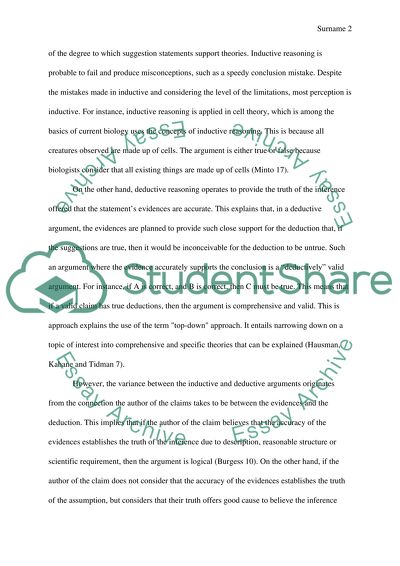Cite this document
(“Philosophy Final Essay Example | Topics and Well Written Essays - 1750 words”, n.d.)
Philosophy Final Essay Example | Topics and Well Written Essays - 1750 words. Retrieved from https://studentshare.org/philosophy/1474118-philosophy-final-essay
Philosophy Final Essay Example | Topics and Well Written Essays - 1750 words. Retrieved from https://studentshare.org/philosophy/1474118-philosophy-final-essay
(Philosophy Final Essay Example | Topics and Well Written Essays - 1750 Words)
Philosophy Final Essay Example | Topics and Well Written Essays - 1750 Words. https://studentshare.org/philosophy/1474118-philosophy-final-essay.
Philosophy Final Essay Example | Topics and Well Written Essays - 1750 Words. https://studentshare.org/philosophy/1474118-philosophy-final-essay.
“Philosophy Final Essay Example | Topics and Well Written Essays - 1750 Words”, n.d. https://studentshare.org/philosophy/1474118-philosophy-final-essay.


